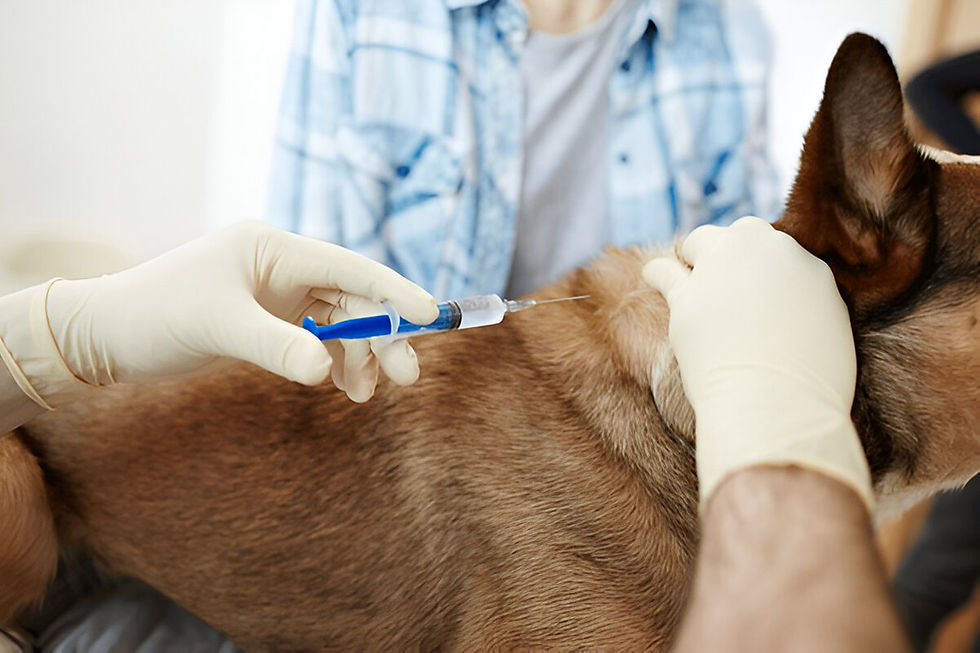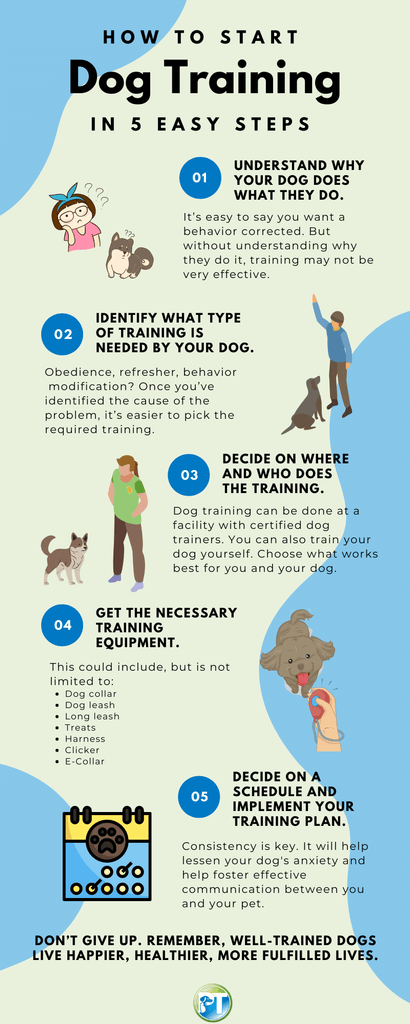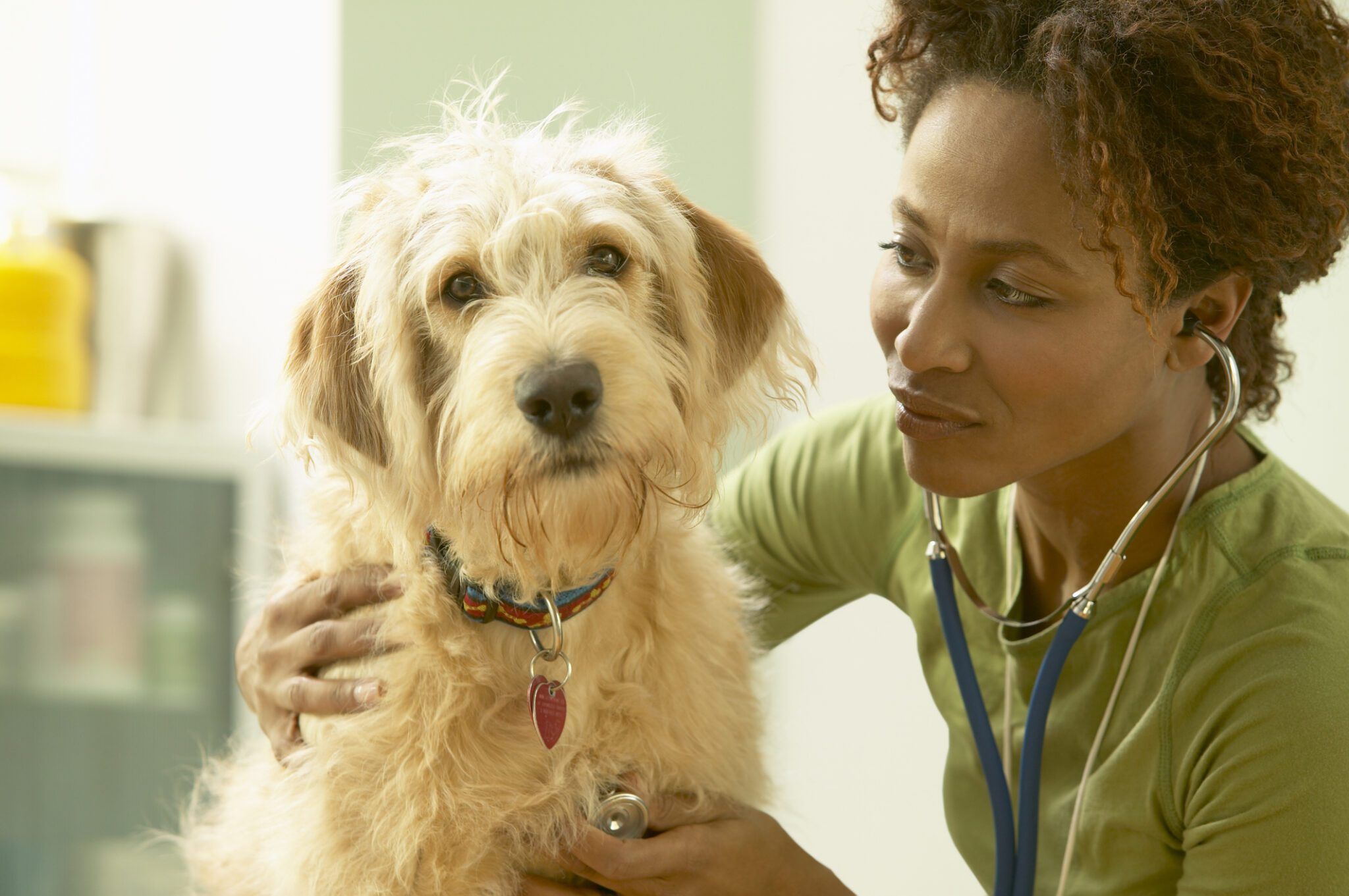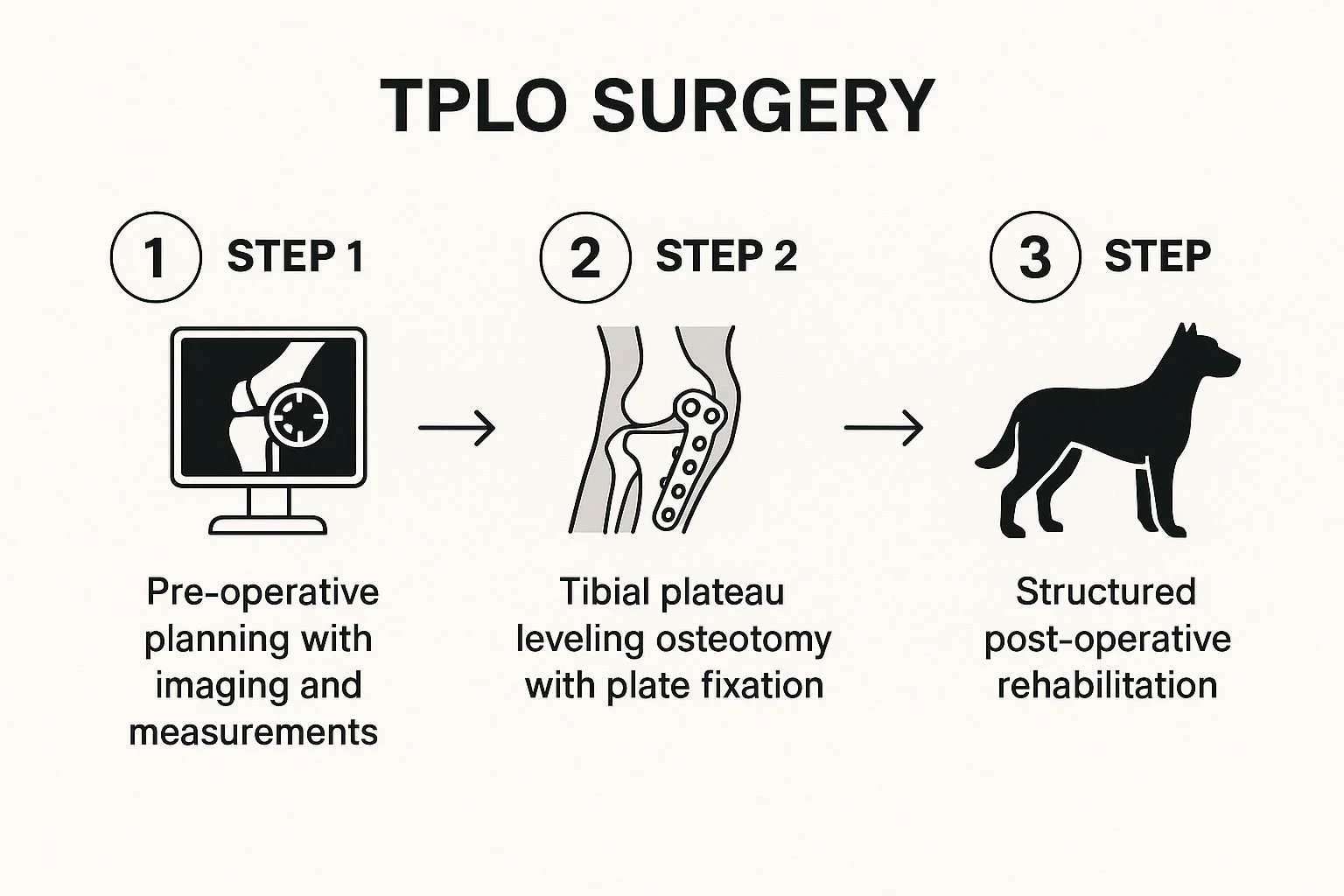You want the best for your dog, right? One of the most important ways to keep your furry friend healthy is by visiting the vet regularly.
But how often should you bring your dog to the vet? Is it every few months, once a year, or only when something seems wrong? Knowing the right answer can save your dog from serious health problems and give you peace of mind.
Keep reading to discover the simple schedule that will help your dog live a longer, happier life.
Importance Of Regular Vet Visits
Regular vet visits are essential for keeping your dog healthy and happy. These check-ups allow you to catch potential problems early, saving your dog from unnecessary pain and costly treatments. Have you ever wondered if skipping a vet appointment could mean missing a serious health issue?
Benefits For Your Dog’s Health
Taking your dog to the vet regularly helps maintain their overall well-being. Vets provide vaccinations, dental care, and parasite control that protect your dog from common illnesses. Regular visits also ensure your dog’s weight and nutrition are on track, which is key to a longer, healthier life.
During these visits, your vet can give you personalized advice on exercise, diet, and grooming based on your dog’s breed and age. This tailored care is something you can’t easily figure out on your own.
Early Detection Of Diseases
Many diseases in dogs develop slowly and don’t show obvious symptoms at first. Regular vet check-ups give your vet a chance to spot early signs of issues like diabetes, kidney disease, or arthritis before they become serious.
Imagine catching a problem early enough to prevent surgery or long-term medication. This proactive approach can dramatically improve your dog’s quality of life and reduce your stress.
Have you noticed any changes in your dog’s behavior or appetite lately? Don’t wait for symptoms to get worse—regular vet visits can catch these subtle signs early.

Credit: www.lilyskitchen.co.uk
Factors Affecting Vet Visit Frequency
Deciding how often to take your dog to the vet isn’t a one-size-fits-all answer. Several factors influence the frequency of vet visits, and understanding these will help you keep your furry friend healthy and happy. Let’s break down the key elements that affect how often your dog needs professional care.
Age And Life Stage
Puppies and senior dogs usually need more frequent vet visits compared to adult dogs in their prime. Puppies require multiple check-ups for vaccinations and growth monitoring within the first year. Older dogs, on the other hand, benefit from regular wellness exams to catch age-related issues early.
Have you noticed your dog slowing down or showing subtle changes in behavior? These signs could mean it’s time for more frequent vet visits to manage aging health concerns.
Breed-specific Needs
Certain breeds have unique health risks that demand more attention. For example, large breeds like Great Danes often face joint problems, while small breeds like Dachshunds may be prone to back issues.
Knowing your dog’s breed can guide you to schedule vet visits that focus on preventing common breed-related problems. Are you aware of your dog’s breed-specific health risks? If not, your vet can help you learn more.
Existing Health Conditions
If your dog has ongoing health problems such as allergies, diabetes, or heart disease, regular vet visits become crucial. Managing chronic conditions requires consistent monitoring and medication adjustments.
Even if your dog seems fine, skipping these visits can lead to sudden complications. How closely are you watching your dog’s health between vet appointments?
Recommended Vet Visit Schedule
Keeping a regular vet visit schedule helps your dog stay healthy. Different life stages need different care levels. Regular check-ups catch problems early. Vaccines, dental care, and wellness exams keep dogs strong.
Below is a recommended vet visit schedule for puppies, adults, and senior dogs. Following this guide ensures your dog gets the right care at the right time.
Puppies And Young Dogs
Puppies need frequent visits to start healthy lives. Vet visits every 3 to 4 weeks until 16 weeks old are common. These visits include vaccinations, deworming, and health checks. The vet also advises on nutrition and training. After the first year, a wellness exam every 6 months helps track growth and health.
Adult Dogs
Adult dogs benefit from annual vet visits. These visits focus on vaccines, parasite prevention, and dental care. The vet also monitors weight, behavior, and physical condition. Early signs of disease can appear even in healthy dogs. Regular exams help spot these early and keep your dog fit.
Senior Dogs
Senior dogs need more frequent vet visits. Every 6 months is ideal for dogs over 7 years old. Older dogs face higher risks of chronic illnesses. The vet checks organ function, joint health, and mobility. Blood tests and screenings help detect problems early. Care adjustments keep seniors comfortable and active.
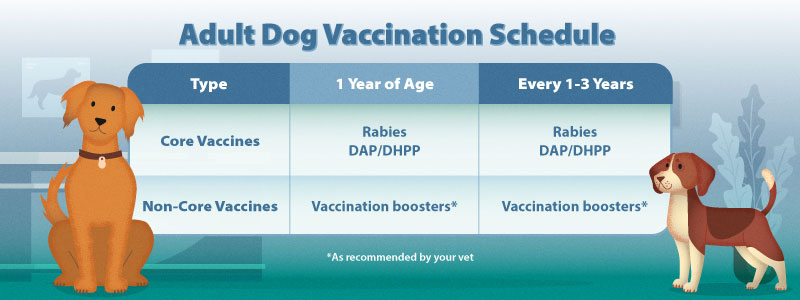
Credit: www.carecredit.com
What To Expect During A Vet Visit
Taking your dog to the vet can feel overwhelming if you’re not sure what to expect. Knowing what happens during a visit helps ease any anxiety for both you and your furry friend. It also lets you prepare questions and understand the care your dog receives.
Physical Examination
The vet will start with a thorough physical exam to check your dog’s overall health. They’ll listen to the heart and lungs, check the eyes, ears, and teeth, and feel the abdomen for any abnormalities. This hands-on check helps catch issues early—sometimes before you notice any signs.
Remember, this is your chance to mention any changes you’ve noticed, like unusual behavior or appetite shifts. Have you ever noticed subtle signs that only the vet picked up on? It shows how valuable this exam really is.
Vaccinations And Preventive Care
Your dog’s vaccinations will be reviewed and updated if needed. Vaccines protect against diseases like rabies, distemper, and parvovirus, which can be life-threatening. The vet may also discuss flea, tick, and heartworm prevention based on your location and your dog’s lifestyle.
Don’t hesitate to ask about the best preventive options. Sometimes, a tailored plan works better than a one-size-fits-all approach. Have you thought about how your dog’s routine and environment affect their health risks?
Diagnostic Tests
Depending on your dog’s age, health, and symptoms, the vet might suggest diagnostic tests. These can include blood work, urine analysis, or X-rays to get a clearer picture of your dog’s condition. Tests help detect hidden problems and guide treatment decisions.
Diagnostic testing might sound scary, but it’s a powerful tool to keep your dog healthy. Have you ever been surprised by what a simple test revealed about your pet’s health?
Signs Your Dog Needs A Vet Sooner
Knowing when to bring your dog to the vet sooner than scheduled can make a huge difference in their health. Dogs can’t tell you when something feels wrong, so you need to be alert to changes that signal they need professional care. Recognizing these warning signs early helps prevent minor issues from turning into serious problems.
Behavioral Changes
Has your dog suddenly become withdrawn or unusually aggressive? Changes in behavior often indicate discomfort or illness. If your dog stops eating, loses interest in favorite activities, or seems confused, don’t wait to get a vet’s opinion.
Imagine your usually playful dog starts hiding or refuses to come when called. These subtle shifts can signal pain or neurological issues. Are you noticing any odd behaviors that seem out of character?
Physical Symptoms
Look closely for physical signs like limping, vomiting, diarrhea, or persistent coughing. These symptoms shouldn’t be ignored, especially if they last more than a day or worsen. Skin problems such as redness, swelling, or hair loss also deserve immediate attention.
Keep an eye on your dog’s eyes and nose too. Discharge, cloudiness, or unusual smells can hint at infections. How often do you check your dog for these signs during daily care?
Emergency Situations
Some situations demand urgent vet visits. Difficulty breathing, seizures, choking, or unconsciousness are emergencies. If your dog swallows something toxic or shows signs of extreme pain, don’t hesitate—head to the vet immediately.
Knowing what qualifies as an emergency can save your dog’s life. Have you prepared a list of emergency contacts and routes to your nearest animal hospital? Being ready helps you act fast when seconds count.

Credit: m.facebook.com
Tips For Making Vet Visits Easier
Vet visits can be stressful for dogs and their owners. Simple steps can make these visits smoother and less scary. Preparing your dog, picking the right vet, and managing anxiety help a lot. These tips create a calm and positive experience for your pet.
Preparing Your Dog
Get your dog used to handling at home. Touch their paws, ears, and mouth gently. Practice short car rides to reduce travel stress. Bring a favorite toy or blanket to the clinic. Keep treats handy to reward good behavior. Stay calm yourself; dogs sense your mood.
Choosing The Right Vet
Find a vet who is friendly and patient with dogs. Visit the clinic before the appointment to see the environment. Check if the staff is welcoming and gentle with pets. Ask about their experience with your dog’s breed or age. A good vet builds trust and makes visits easier.
Handling Vet Anxiety
- Speak softly to comfort your dog during the visit.
- Use calming sprays or collars made for pets.
- Schedule appointments during quiet hours to avoid crowds.
- Keep visits short and focused on what is necessary.
- Practice positive reinforcement with treats and praise.
- Consider a calming supplement after consulting your vet.
Cost Considerations And Pet Insurance
Vet visits can add up, especially with unexpected health issues. Planning for these costs is important. Pet insurance can help manage expenses and keep your dog healthy. Understanding cost factors helps you make the best decisions for your pet’s care.
Budgeting For Vet Care
Set aside money for regular check-ups and emergencies. Routine visits often include vaccines, exams, and dental care. Emergency care costs vary widely depending on the problem. Some health issues require surgery or long-term treatment.
Consider these common expenses:
- Annual wellness exams
- Vaccinations
- Dental cleanings
- Flea and tick prevention
- Emergency treatments
Creating a pet health fund helps cover unexpected bills. Regular saving avoids financial stress during emergencies. Check local vet prices to estimate costs in your area.
Benefits Of Pet Insurance
Pet insurance helps cover vet bills for accidents and illnesses. It can reduce out-of-pocket costs for costly treatments. Many plans cover routine care, depending on the policy. Insurance gives peace of mind and easier budgeting.
Here are key benefits:
- Lower emergency treatment costs
- Coverage for surgeries and medications
- Options for routine care coverage
- Flexible plans to fit your budget
- Quick reimbursements after vet visits
Compare plans carefully before choosing. Look for coverage limits, deductibles, and exclusions. A good plan balances cost with needed benefits for your dog’s health.
Frequently Asked Questions
How Often Should Puppies Visit The Vet?
Puppies need vet visits every 3 to 4 weeks until 16 weeks old. These visits include vaccinations, deworming, and health checks to ensure proper growth.
How Frequently Do Adult Dogs Need Vet Checkups?
Adult dogs should visit the vet at least once a year. Annual exams help detect health issues early and keep vaccinations up to date.
When Should Senior Dogs See The Vet More Often?
Senior dogs require vet visits every 6 months. Older dogs are prone to chronic diseases that need regular monitoring and timely treatment.
What Signs Indicate An Urgent Vet Visit For My Dog?
Urgent vet visits are needed if your dog shows vomiting, diarrhea, difficulty breathing, or sudden behavior changes. Early care can save your dog’s life.
Conclusion
Regular vet visits keep your dog healthy and happy. Puppies need frequent check-ups for vaccines and growth. Adult dogs usually visit once or twice a year. Older dogs may require more frequent care. Watch your dog’s behavior and health closely.
Early detection of problems makes treatment easier. Talk to your vet about the best schedule. Every dog is different. Staying consistent with visits helps prevent serious issues. Your dog depends on you for care. Keep the vet visits part of your routine.
Healthy dogs live longer and feel better. Simple steps make a big difference.

